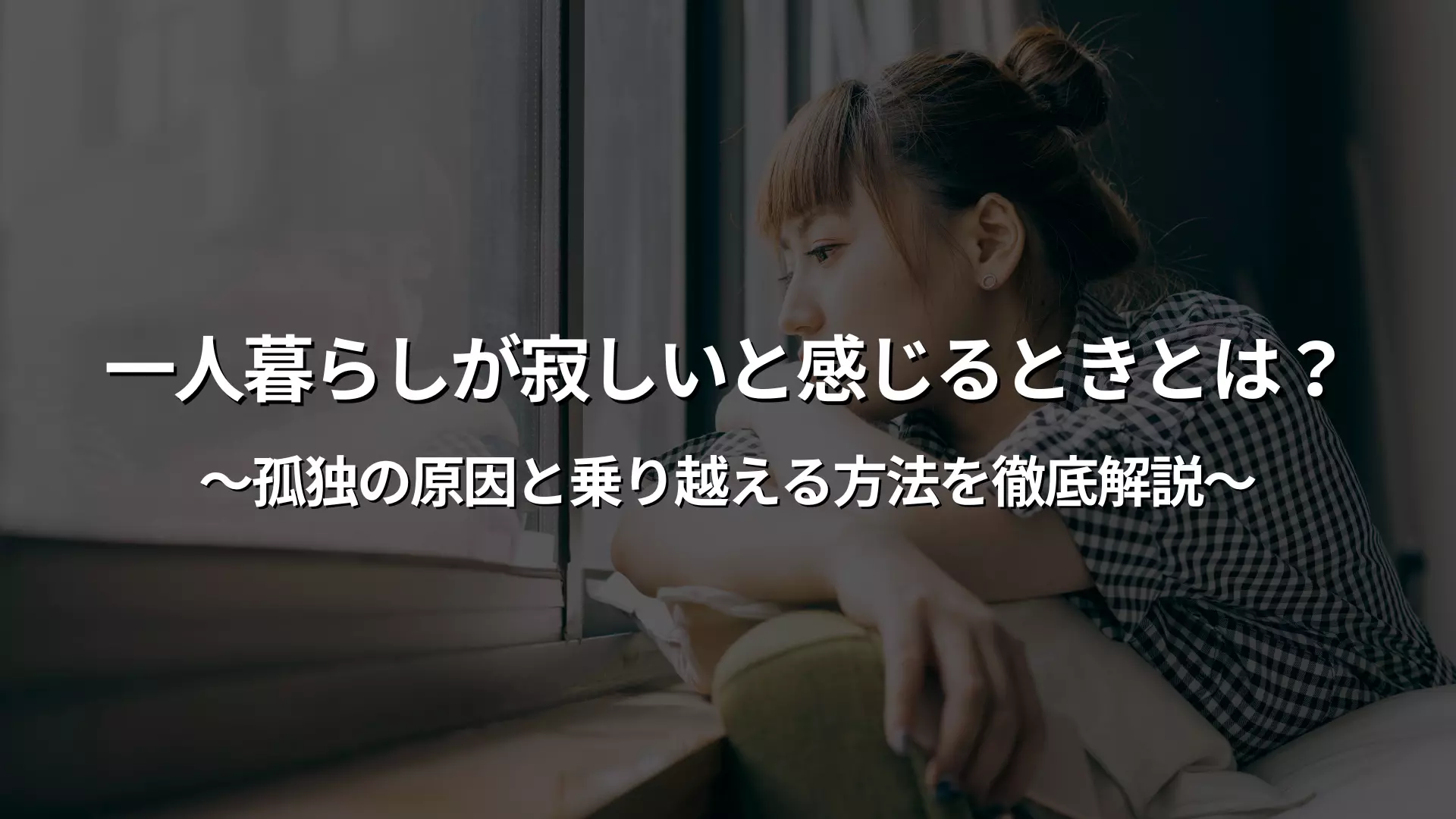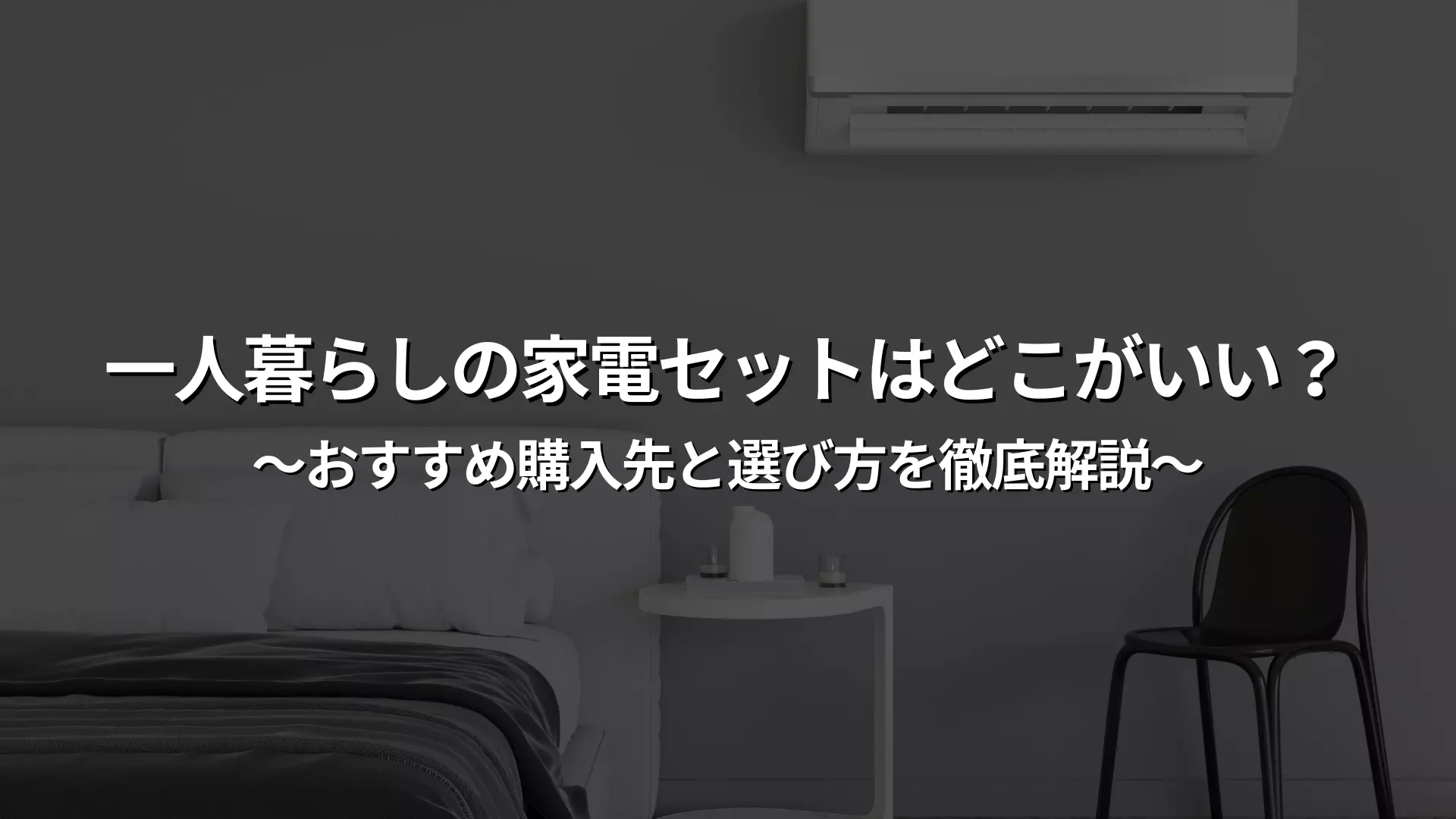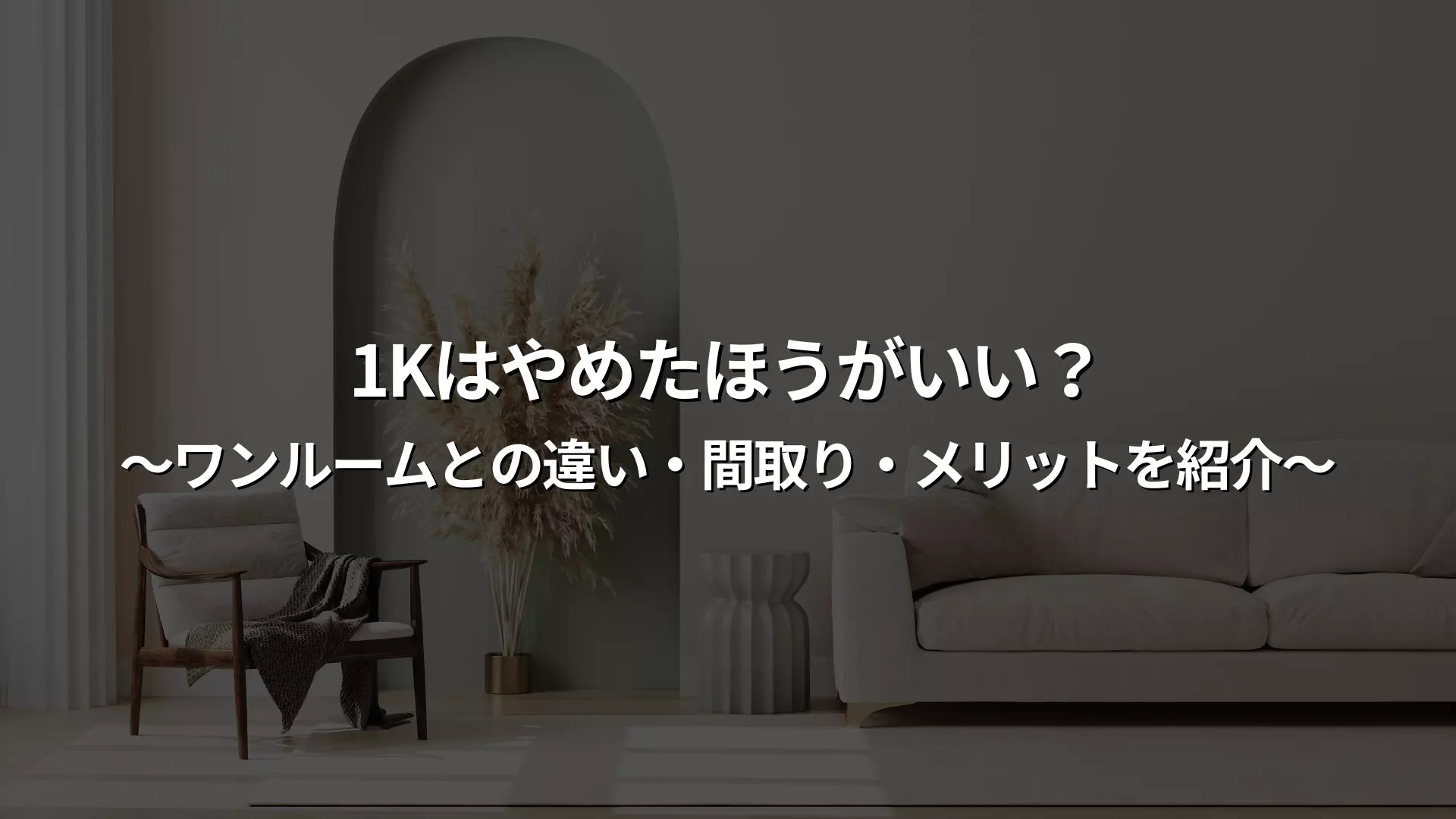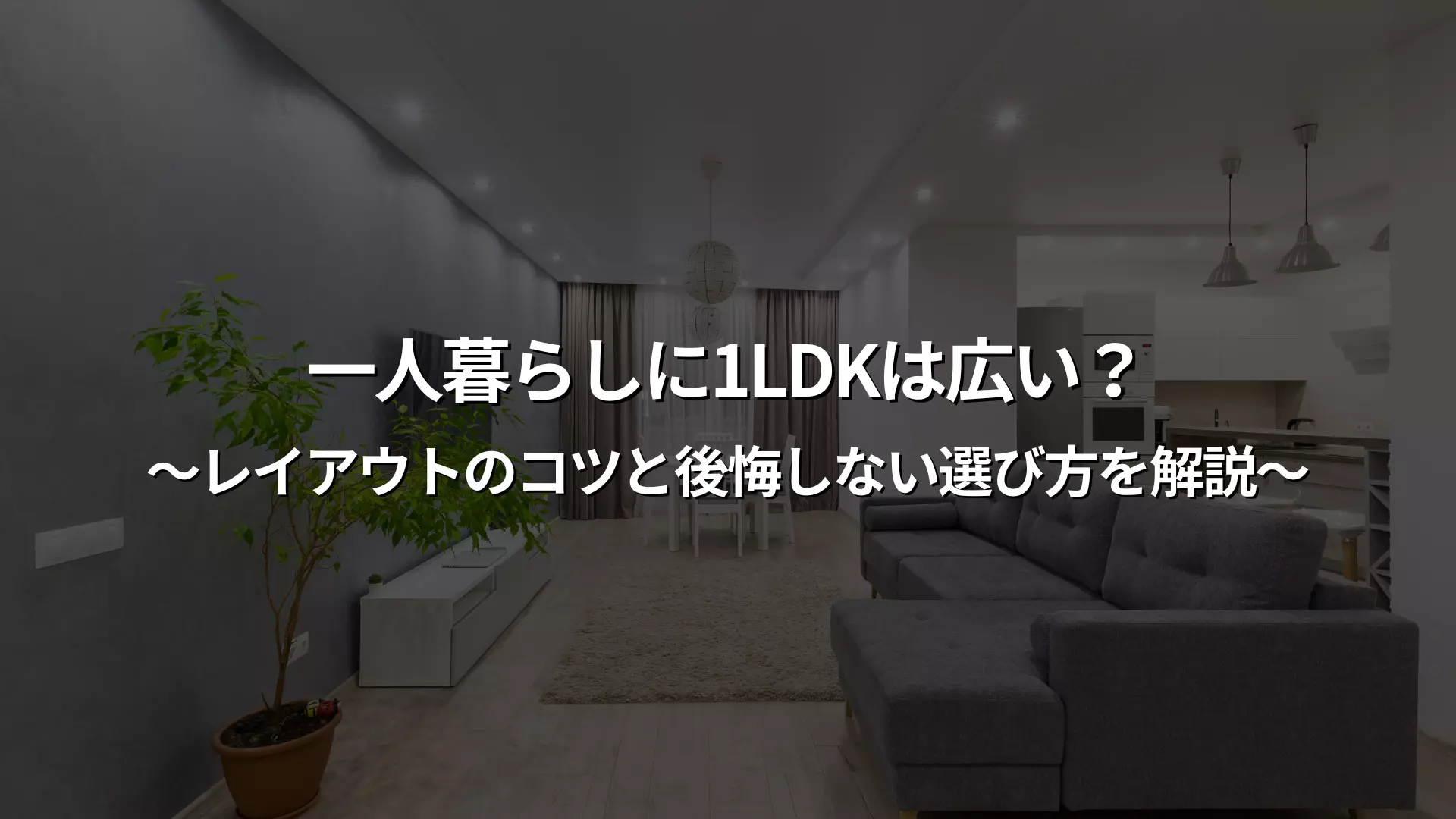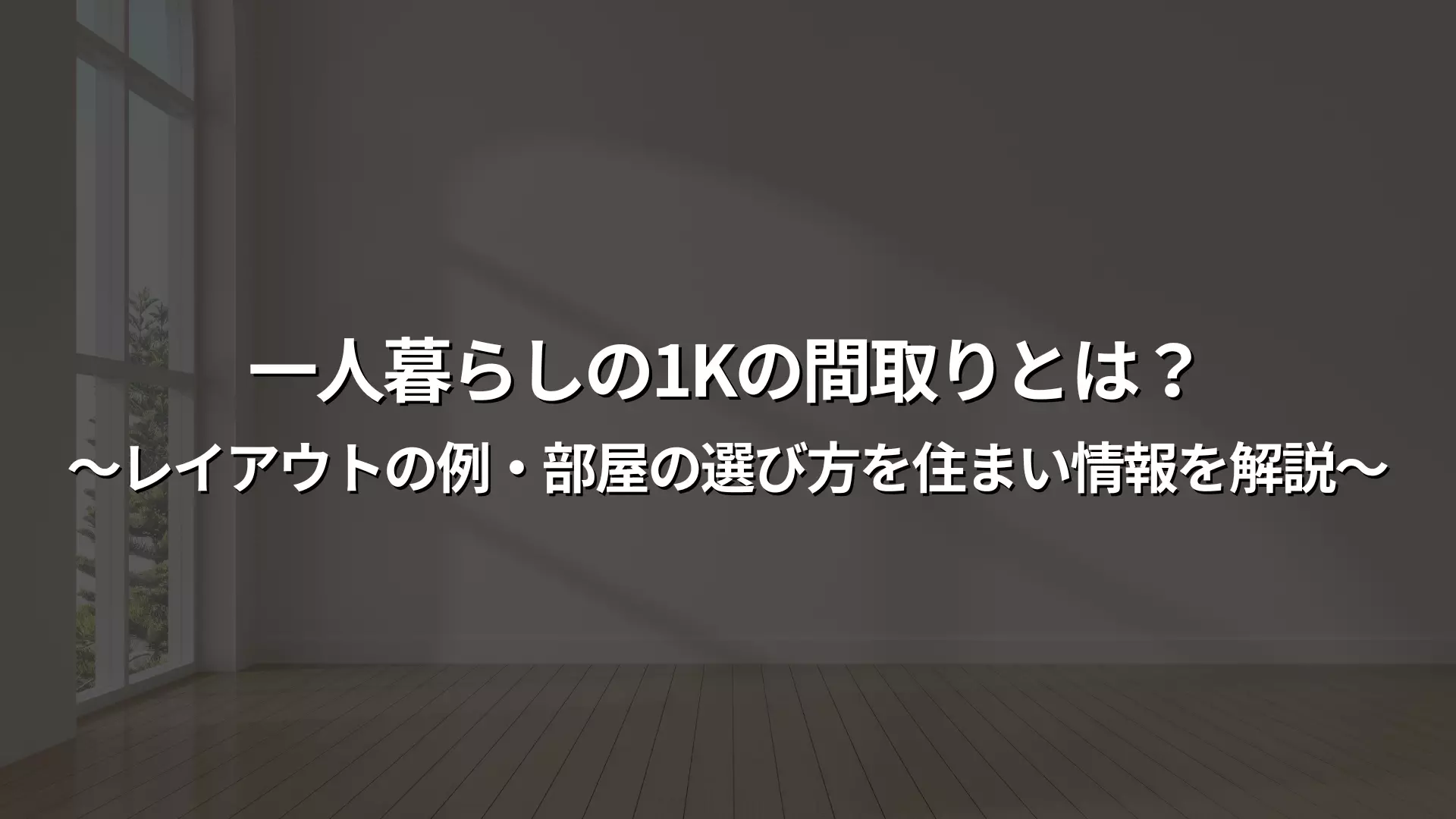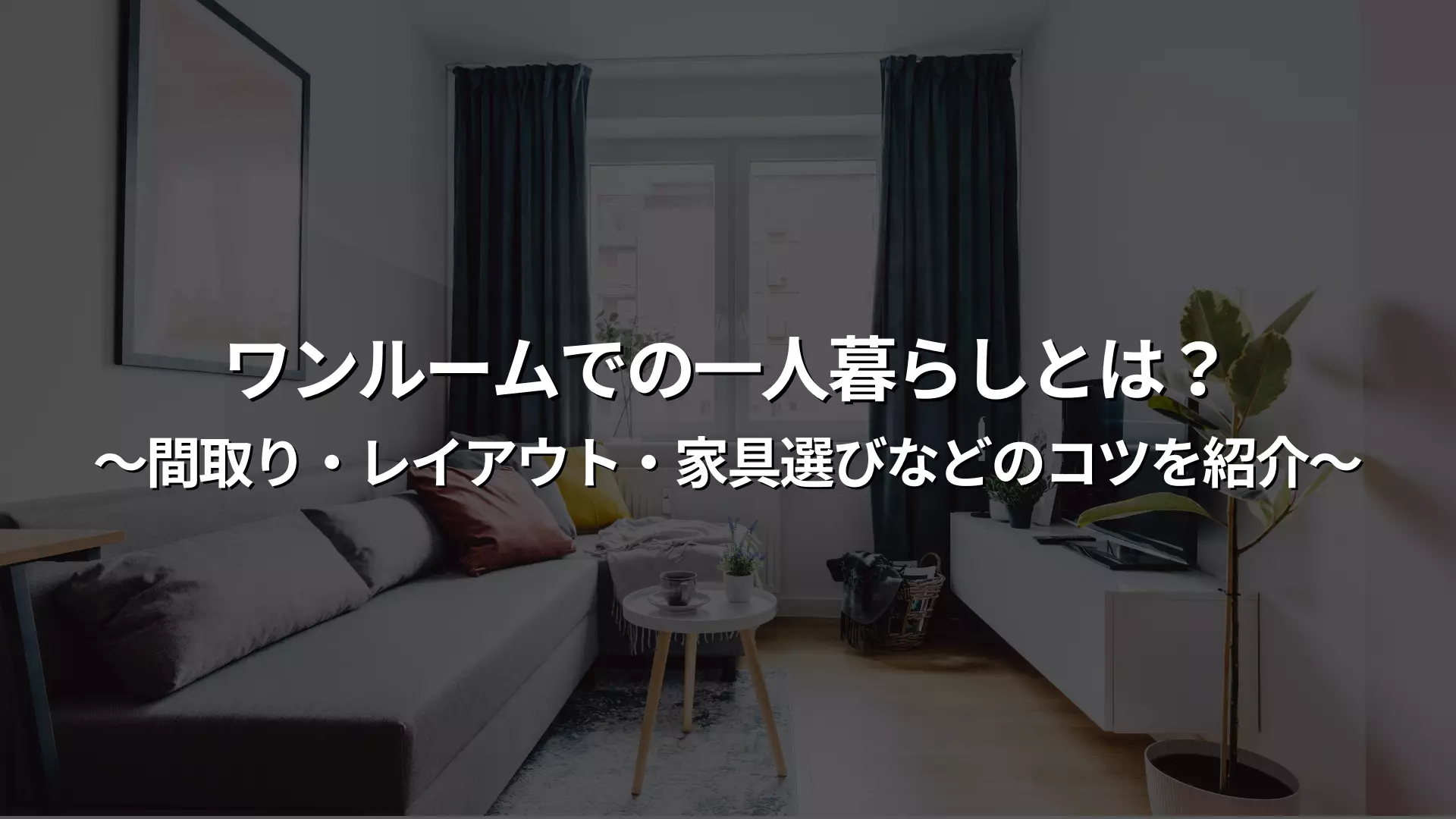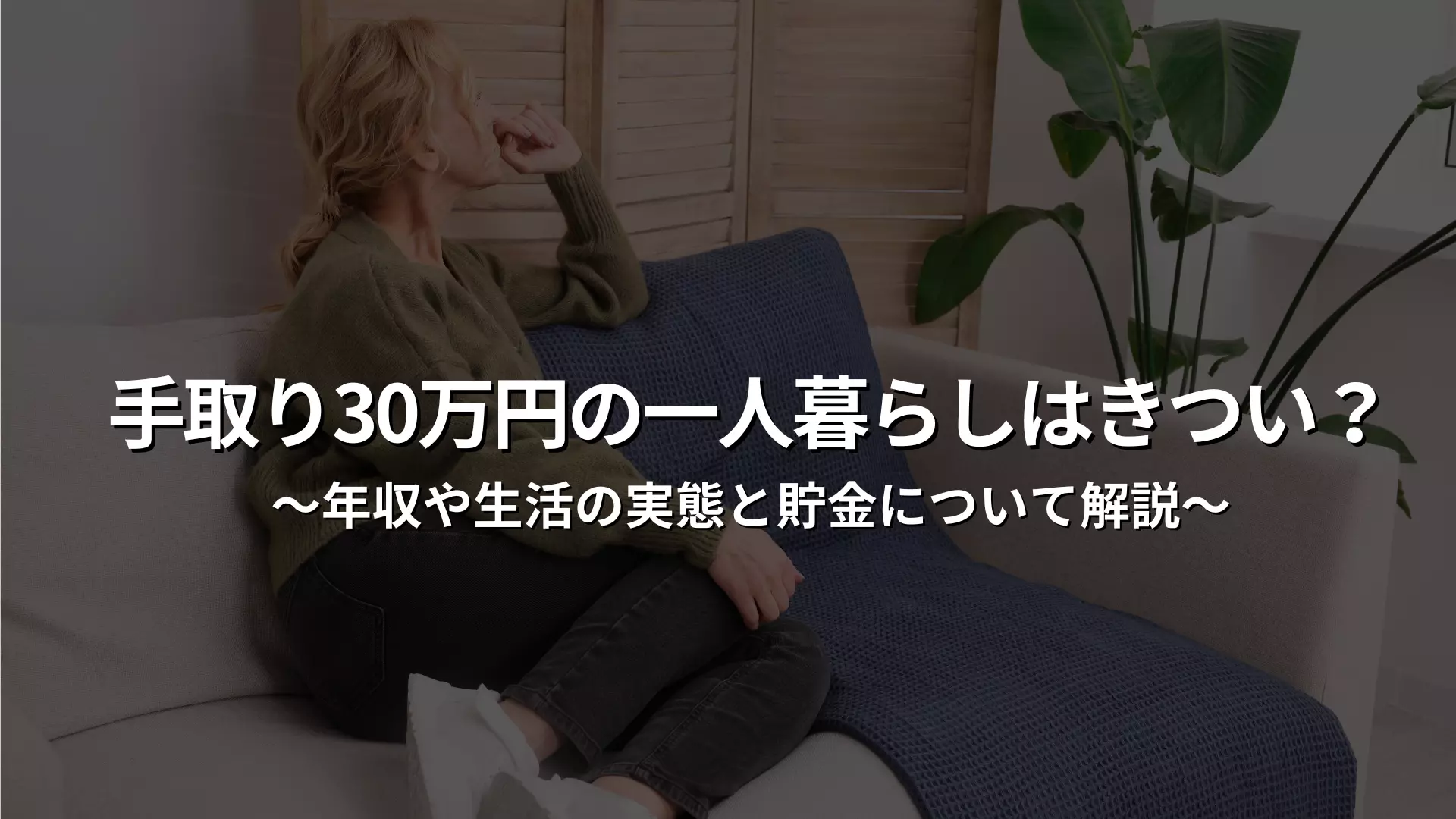What kind of living standard is it with a monthly take-home pay of 250,000 yen?
A take-home pay of 250,000 yen is slightly higher than the national average. In urban areas, many people rate it as "average to somewhat difficult," while in rural areas, they rate it as "relatively comfortable," so people's perceptions of their standard of living vary greatly depending on where they live.
For example, in central Tokyo, rent is high, so it's easy to feel pressured by living expenses, but in regional cities, rent and prices are lower, so you can live comfortably with the same income. The key to living a stable life alone is to keep a close eye on your monthly income and expenditure balance and manage your fixed expenses comfortably.
Estimated monthly and annual income and tax and insurance burden
To receive a take-home pay of 250,000 yen, you need a monthly salary of approximately 320,000 to 340,000 yen. This is equivalent to an annual salary of about 4 million to 4.5 million yen.
The main deductions from this amount are income tax, local resident tax, health insurance, employee pension insurance, etc., and about 20 to 30% of the total is deducted. Although it varies slightly depending on whether you have dependents or not and the local government, it is important to understand the calculation of social insurance premiums in advance in order to stabilize your monthly take-home amount. Taxes and insurance premiums are automatically deducted, so plan your living expenses based on the amount you can actually use.
Is a take-home pay of 250,000 yen a lot or a little? [Compared to the average by age and gender]
According to a survey by the National Tax Agency, the average take-home pay for full-time employees in their late 20s to early 30s is roughly 220,000 to 240,000 yen. Therefore, while a take-home pay of 250,000 yen may seem a little above average, there are many people who feel that it is not enough depending on the cost of living in the city and their lifestyle.
Looking at the take-home pay by gender, men tend to have slightly higher take-home pay, while women tend to have pay in the early 200,000 yen range. In other words, a take-home pay of 250,000 yen is in the middle, neither too much nor too little. If you reconsider your lifestyle, you can live a stable life.
Living standards change depending on whether or not you get a bonus
Whether or not you receive a bonus has a big impact on the stability of your life throughout the year. Even if your monthly take-home pay is 250,000 yen, if you receive a bonus of one to two months' salary in summer and winter, your annual income will increase significantly, making it easier to save money and cover unexpected expenses.
On the other hand, if you don't receive a bonus, you will have to make do with your monthly salary, so managing your living expenses and savings will be strict. Setting rent or a loan based on a bonus is risky, so it is best to calculate your daily living expenses based on your monthly salary and treat the bonus as an extra.
What is the actual breakdown of living expenses for a single person?
When you start living alone, you will incur many expenses, not just rent, but also food, utilities, communication costs, daily necessities, etc.
If you earn 250,000 yen a month, you can live comfortably depending on how you manage your living expenses, but if you start living without a plan, you may find that it costs more than you expected. The largest component of living expenses is rent, followed by food, utilities, and communication fees. Although this varies depending on the region and lifestyle, knowing your spending trends is the first step to saving money.
Below, we will introduce specific amounts and living simulations for different rents, and explain information that will be useful in planning a comfortable life alone.
What is the estimated rent?
The general guideline for rent is "no more than one-third of your take-home pay," so if your take-home pay is 250,000 yen, the ideal amount would be around 83,000 yen.
However, in areas where prices and rents are high, more and more people are looking for properties in the 60,000 to 70,000 yen range to live comfortably. Once you sign a contract, rent becomes a fixed cost that you will have to pay for a long period of time, so you need to make a careful decision.
Also, if your company offers a housing allowance, your actual burden will be lighter, so be sure to check whether or not it is provided. If you can keep your rent low, you can save money, pursue hobbies, and have more time to spend, so this is something you should consider as a top priority when reviewing your entire household budget.
Average cost of food, utilities, communication, etc.
The approximate living expenses for a single person, excluding rent, are as follows:
- Food expenses: Generally 20,000 to 40,000 yen per month, but if you mostly cook at home it's possible to keep it under 20,000 yen.
- Utility bills: Varies depending on the season, but on average, around 10,000 yen (water, electricity, gas)
- Communication costs: If you use a low-cost SIM, you can keep the cost to less than 5,000 yen per month (smartphone + internet line).
If you add in daily necessities and entertainment expenses, your living expenses excluding rent will be around 60,000 to 80,000 yen. In order to balance your income and expenses, it is important to be able to manage these variable expenses well.
Living simulation by rent (60,000 to 100,000 yen)
If you have a monthly salary of 250,000 yen and live in an apartment or condominium with rent of 60,000 to 100,000 yen, the following are lifestyle simulations.
- Rent: 60,000 yen
With the remaining 190,000 yen to live on, you will have more money to save and for hobbies, allowing you to live a relatively comfortable life.
- Rent: 80,000 yen
This is a realistic line that allows you to balance living expenses and savings.
- Rent: 100,000 yen
The remaining 150,000 yen must be used to cover utility bills and food costs, which tends to make it difficult to save money each month and to cover unexpected expenses.
Rental rent is a large fixed expense that affects your entire life, so it is important to search and choose carefully with a long-term perspective, without being distracted by immediate facilities or location.
Search from 6,533 rooms of 904 properties
Reasons why people feel that living alone on a monthly salary of 250,000 yen is "tough" and the reality of the situation
At first glance, a take-home income of 250,000 yen seems like a sufficient amount for one person to live on, but the reality is that many people find it to be "surprisingly tough."
The first reason cited is the rising cost of rent and living expenses. Rent is especially high in urban areas, and food and utility costs are also affected by rising prices. In addition, if you continue to have unexpected expenses such as social expenses and subscriptions, you may not be able to save money. Living alone requires you to cover all your expenses yourself, and if your income and expenditure are out of balance, mental anxiety will increase.
Here we will focus on real voices and causes, such as "What is difficult in actual daily life?" and "What situations cause trouble?", and provide detailed explanations including solutions.
Voices of people who have lived alone on a monthly salary of 250,000 yen
When you talk to people who actually live alone on a monthly take-home pay of 250,000 yen, you find that the level of financial comfort depends greatly on "where you live" and "lifestyle."
For example, people living in rural areas with low rent say, "We can live comfortably" and "We can save money every month," while people in high-rent areas such as central Tokyo say, "We're barely making ends meet, let alone saving," and "We have to give up on hobbies and travel."
Also, people's feelings differ depending on whether they receive bonuses or have a side job. Many people say that "it's tough if you have high fixed expenses even if you have an income," and there are many cases where the problem is "high housing and living costs" rather than wasteful spending. Make sure you clearly define your conditions for how much rent you want to spend, and consult with a real estate agent.
How much do you need to live comfortably?
To live comfortably on a monthly take-home pay of 250,000 yen, it is ideal to keep your monthly expenses to less than 200,000 yen.
A "reasonable lifestyle" would be one in which rent is set at around 70,000 yen, living expenses such as food, utilities, communication costs, and daily necessities are approximately 60,000 to 80,000 yen, social expenses and hobbies are 10,000 to 20,000 yen, and an additional 20,000 to 30,000 yen can be saved.
However, in urban areas where prices are high, you may need a take-home pay of 270,000 to 300,000 yen to maintain the same standard of living. On the other hand, in rural areas where rent is cheap, you may be able to live comfortably on a take-home pay of around 200,000 yen. The most important thing to do to live comfortably is to "keep fixed expenses down" and "clearly balance income and expenditure."
Where do you run out of money?
The stumbling points for many people who feel it's difficult to make ends meet on a monthly take-home pay of 250,000 yen are rent and variable costs.
Especially when rent is between 80,000 and 100,000 yen, it takes up 30-40% of your take-home pay, leaving you with no room for the rest of your living expenses. Furthermore, when "unexpected expenses" such as smartphone fees, subscriptions, eating out, and social expenses pile up, you'll end up in the red before you know it. Also, there are many cases where people are unable to cover unexpected expenses such as medical expenses, moving expenses, and replacing home appliances, and end up dipping into their savings.
To prevent this situation, it is essential to visualize your spending and simulate your monthly living expenses. The habit of creating a budget at the beginning of the month is the key to reducing anxiety about not having enough money.

Tips for living comfortably on a monthly salary of just 250,000 yen
Even if your take-home pay is only 250,000 yen, if you manage your finances well and get creative, it is entirely possible to live a comfortable life alone.
The key points of this innovation are as follows:
- Control your monthly expenses
- Identify and optimize items in your living expenses that can be cut
In particular, small changes in daily life such as reviewing fixed expenses and cooking at home and saving on utility bills can make a big difference. In addition to cutting down on spending, other popular ways to save money wisely without holding back include "getting creative with how you spend," such as by using reward points and streamlining subscriptions.
In this chapter, we will introduce concrete ideas to help you live comfortably alone even with a monthly take-home pay of 250,000 yen.
Household management techniques to reduce expenses
The first step in managing your household finances is to make them visible. By recording your expenses using a household budget app, you can see at a glance the percentage of wasteful spending and fixed expenses, and clearly identify areas for improvement.
We recommend classifying your expenses into "fixed expenses," "variable expenses," and "special expenses" and setting a monthly budget. Fixed expenses (rent, communication fees, subscriptions, etc.) in particular have a lot of room for review, and if you can reduce them once, your monthly expenses will become stable.
It is also effective to take advantage of "advance savings." By transferring a set amount to a savings account as soon as you receive your salary, you can prevent wasteful spending. The key to successful household finances is to create a system that you can continue without straining yourself. If you are having trouble saving money, we recommend that you try "advance savings."
Cooking and shopping tips to reduce food costs
If you want to save money on food, cooking at home is the best way. In particular, if you can prepare food in advance, freeze it, and reuse ingredients, you can keep your food expenses down to around 20,000 yen per month. By shopping in bulk once or twice a week and planning your menu around special sales items, you can reduce unnecessary expenses.
In addition, using wholesale supermarkets and discount stores, and stocking up on frozen vegetables and canned goods are also effective ways to save money. Furthermore, by using microwave cooking and rice cooker recipes, you can achieve a cost-effective diet without much effort. If you plan your menu with the goal of "less than 200 yen per meal," you will naturally develop a thrift-oriented mindset.
Examples of savings that have actually been tried and have been effective
Many of the money-saving techniques that people who live alone have actually tried and found to be effective are surprisingly simple.
for example
- Switching to a low-cost SIM reduces monthly smartphone bill from 8,000 yen to 1,500 yen
- Reduce monthly fixed costs by more than 3,000 yen by streamlining subscriptions
- "To save on electricity, I changed the air conditioner temperature to automatic mode and use a circulator."
- "Buy in bulk at online supermarkets to avoid unnecessary purchases"
Such practical methods are also popular. Rather than forcing yourself to endure, the secret to long-term savings is to "reconsider the structure of your life."
Search from 6,533 rooms of 904 properties
For the future [savings, extra income, and environmental thinking]
It is important not only to live on a monthly salary of 250,000 yen, but also to consider "preparing for the future." If you are too busy with daily life to save money, it will be difficult to deal with sudden expenses or life events (such as changing jobs, moving, getting married, etc.).
What you need to be aware of is saving money, securing a second income, and reviewing your living environment. By approaching the issue from both sides, making an effort to increase your income and finding ways to reduce your expenses, you can reduce your anxiety about the future and build a stable life even with a take-home pay of 250,000 yen.
In this chapter, we will explain in detail how to aim for savings, have a side job, advance your career, and choose a living environment that will keep your living costs down.
How much can you save each month?
If your take-home pay is 250,000 yen, the ideal amount to save is 30,000 to 50,000 yen per month.
This is 15-20% of your income, which is a reasonable amount to keep saving. If you keep your rent to 70,000-80,000 yen and save on food, utilities, and communication costs to keep your monthly living expenses under 200,000 yen, you can put the remaining 50,000 yen into savings. It's also important to have a clear goal, and setting specific numbers like "300,000 yen in six months" or "500,000 yen in a year" will help motivate you.
In addition, getting into the habit of saving in advance also helps prevent the risk of spending unconsciously, so it is recommended for those who want to live a stable life of savings.
How to increase your income through a side job, changing jobs, or getting promoted
If you are thinking about a stable life in the future, it is essential not only to review your expenses but also to consider how to increase your income.
In recent years, side jobs have become common, and there are more and more sources of income that utilize spare time, such as writing, design, video editing, and data entry that can be done at home. Also, if you are aiming for promotion or a raise in your current job, obtaining qualifications and improving your skills is also effective. Furthermore, if you are aiming for a significant increase in your annual income, you should consider changing jobs.
In particular, people in their 20s and 30s are the best time to change careers and increase their market value. The perspective of "increasing the money you can spend" is the key to reducing anxiety about the future.
Consider a share house
Reviewing your housing costs is the best opportunity to reduce your fixed costs in life.
Among these, "share houses" are an option that allows you to have plenty of leeway even on a take-home pay of 250,000 yen, as rent, utility bills, internet fees, etc. are all included in the cost. In some cases, rent is less than half the market price, allowing you to use the money you save for savings, hobbies, and improving your skills. In addition, furniture and appliances are provided, so the initial costs of living alone can be kept low.
Another benefit is that you can gain new values and networks by living with others. However, some people are concerned about privacy and the rules of communal living, so be sure to carefully consider whether it suits your personality and lifestyle.
If you want a share house, choose Cross House
If you want to live comfortably on your own while keeping the rent low, consider the option of a shared house. The most popular option is "Cross House."
They are based in the Tokyo and Osaka areas, and their appeal is that the initial costs are low and the monthly rent is lower than the market average. Many properties are fully furnished, equipped with appliances and Wi-Fi, and do not require a deposit or key money, making it a comfortable place to live even on a monthly salary of 250,000 yen.
In addition, there are properties with interaction spaces so you can enjoy communicating with other residents. There are also many private rooms that emphasize privacy, so you can feel at ease even if it is your first time living in a share house. Cross House is the best choice for those looking for a cost-effective place to live.
For more information, please check out the Cross House review article.
Cross House has a variety of rooms available. If a share house is an option for you, please try searching for one using our property search.
summary
The conclusion is that "living alone on a monthly salary of 250,000 yen is by no means luxurious, but with some ingenuity and balancing of expenses it is possible to live comfortably without straining yourself."
In particular, rent accounts for the largest proportion of living expenses, so keeping it in the 60,000 to 80,000 yen range will allow you to plan a comfortable household budget. Also, small changes such as saving on food and utility costs, cooking at home, and using a low-cost SIM can make a big difference. To prepare for the future, consider getting into the habit of saving money and increasing your income with a side job. It is also possible to reduce living costs by making improvements to your living environment.
Use this article as a reference to find the money-saving techniques and lifestyle that suit you, and enjoy living alone with peace of mind.





